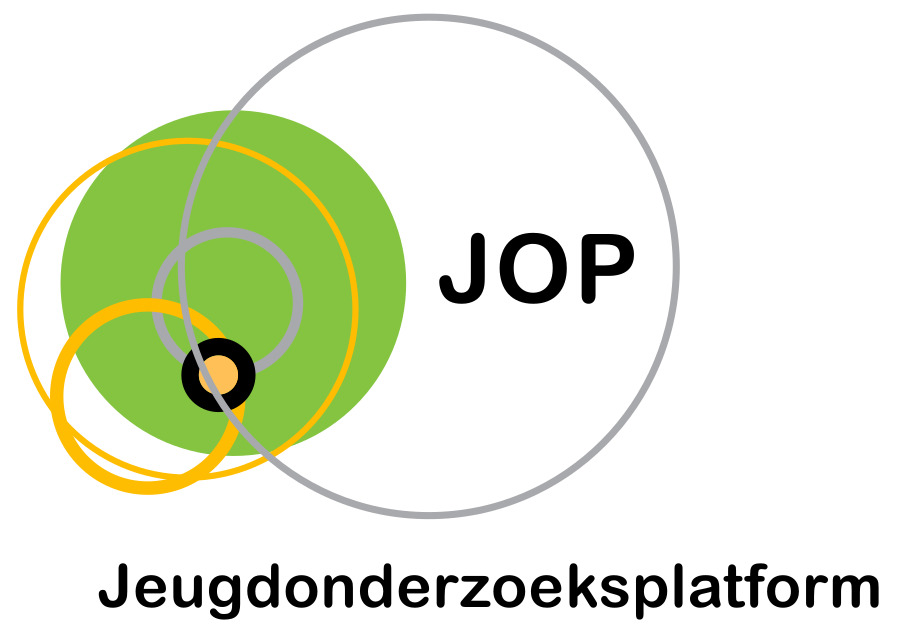How do my parents react when I feel happy? Longitudinal associations with adolescent depressive symptoms, anhedonia, and positive affect regulation.
Auteurs
Nelis, S., Bastin, M., Raes, F., & Bijttebier, P. (2019).

Abstract
Emotionele socialisatie door ouders speelt een rol in de ontwikkeling van adolescenten hun emotieregulatie en wordt geassocieerd met depressieve symptomen bij adolescenten. Het meeste onderzoek heeft gefocust op socialisatie van negatieve emoties. Het weinige onderzoek dat socialisatie van positieve emoties bekeek, toont dat het bagatelliseren door ouders van positieve emoties van adolescenten geassocieerd is met depressie bij adolescenten. Deze studie tracht de longitudinale associatie van reacties van moeders en vaders op de positieve emoties van adolescenten te linken aan de manier waarop adolescenten omgaan met positieve emoties (verkleinen of versterken) en met algemene depressieve klachten en anhedonie. Ook de omgekeerde relatie tussen emotieregulatie van adolescenten en ouderlijke reacties werd onderzocht. Data werd verzameld in twee rondes (met 1 jaar tussen) bij 635 adolescenten via vragenlijsten. Cross-sectioneel bleek dat de reacties van moeders en vaders op de positieve emoties van adolescenten was geassocieerd aan de (gelijktijdige) emotieregulatie en depressieve symptomen en anhedonie van adolescenten. Longitudinaal werd gevonden dat lage versterking van de positieve emoties van adolescenten door moeders en vaders relateive stijgingen in anhedonie symptomen kon voorspellen en relatieve dalingen in de mate waarin adolescenten hun emoties versterkten over de tijd. Lage moederlijke versterking kon verder de relatieve stijging van depressieve klachten voorspellen. Deze resultaten wijzen op bi-directionele relaties, aangezien het niveau van depressieve symptomen bij adolescenten reacties van moeder en vader kon voorspellen.
Parental emotion socialization plays a role in the development of adolescents’ emotion regulation and is associated with adolescents’ depressive symptoms. Most research has focused on parental socialization of negative affect. The scarce research on parental socialization of positive affect (PA) shows that parental downgrading responses to adolescents’ PA are associated with concurrent adolescent depression. The aims of the present study were to examine longitudinal associations of both maternal and paternal responses to adolescents’ PA with how adolescents regulate their PA (i.e., dampening and enhancing) and with adolescents’ general depressive symptoms and anhedonia. We also considered associations in the opposite direction from adolescent regulatory responses and symptoms to parental responses. In a two-wave study (one-year interval), 635 adolescents from Grade 7 completed questionnaires. Cross-sectionally, maternal and paternal responses to adolescents’ PA were associated with concurrent adolescents’ PA regulation as well as adolescents’ depressive and anhedonic symptoms. Longitudinally, low maternal and paternal enhancing responses to adolescents’ PA predicted relative increases in anhedonic symptoms and relative decreases in adolescent enhancing over time. Low maternal enhancing was also predictive of relative increases in depressive symptoms. The present study points to bidirectionality of relations as adolescents’ level of depressive symptoms predicted maternal and paternal responses.
Referentie
Nelis, S., Bastin, M., Raes, F., & Bijttebier, P. (2019). How do my parents react when I feel happy? Longitudinal associations with adolescent depressive symptoms, anhedonia, and positive affect regulation. Social Development, 28(2), 255-273
Taal
Engels
Publicatievorm
Tijdschriftartikel
ISBN – DOI
10.1111/sode.12318
